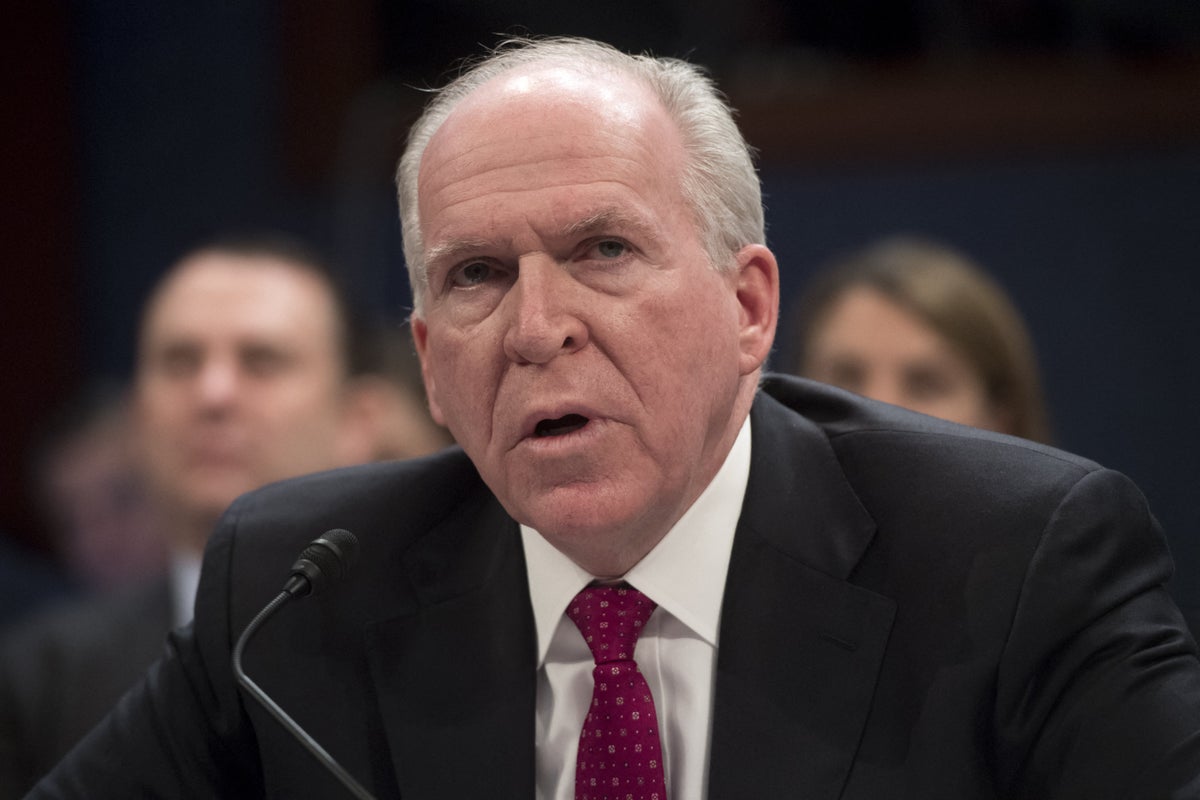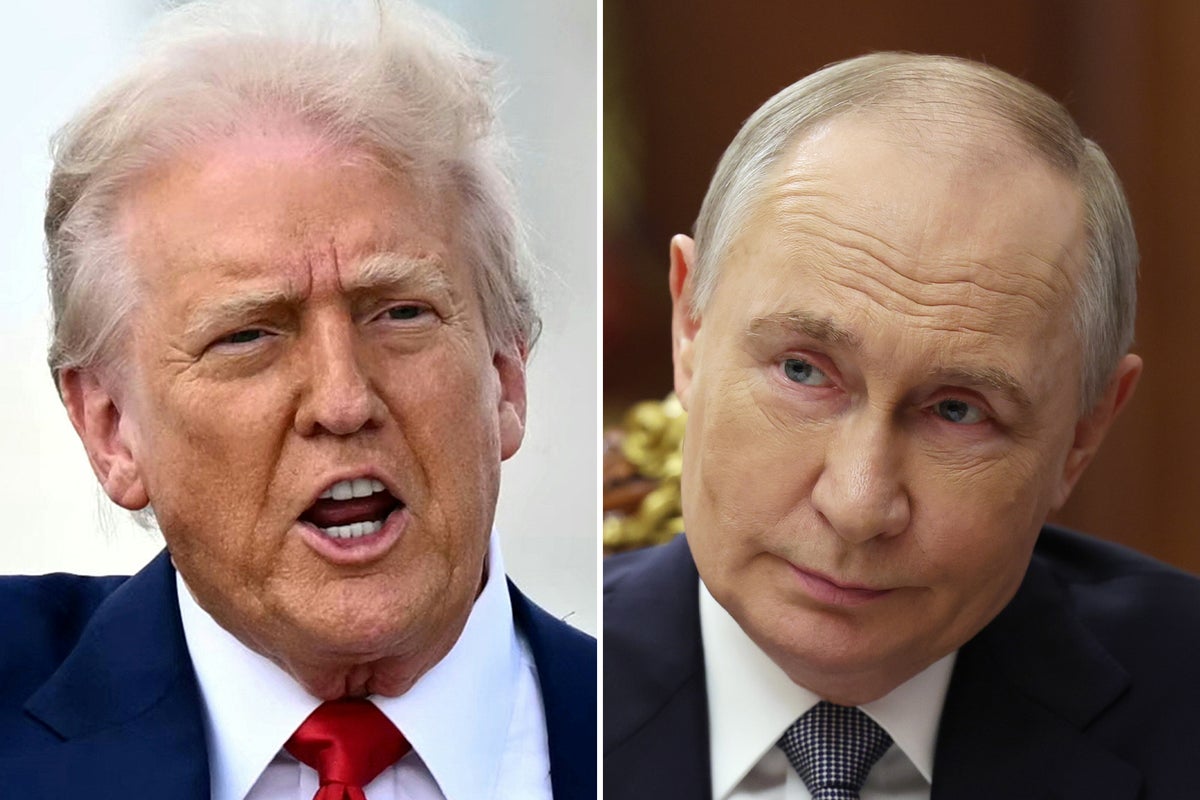The White House is walking back President Donald Trump’s plan for talks on ending the four-year-old Russian war against Ukraine just days after he claimed he would meet with Vladimir Putin in Budapest next month.
A White House official told The Independent there are “no plans” for a sit-down between Trump and Putin “in the immediate future” because Secretary of State Marco Rubio had conducted a “productive call” with his Russian counterpart, Foreign Minister Sergey Lavrov which made an in-person meeting between the two top diplomats “not necessary.”
News of the scrapped meeting plans comes just days after what Trump described as a similarly “productive” call with Putin on the eve of last Friday’s visit by Ukrainian President Volodymyr Zelensky.
At the time, Trump wrote on Truth Social that “great progress was made” in his push to end the ongoing Russo-Ukrainian conflict and claimed he would meet with Putin in the Hungarian capital to discuss a peace settlement following a preparatory meeting between Rubio and Lavrov.
The choice of Budapest as a venue had raised questions because it was the same location as a 1994 conference at which Russia pledged not to invade Ukraine in exchange for Kyiv giving up nuclear weapons it had inherited after the fall of the Soviet Union.
The venue was also potentially problematic because Putin is wanted by the International Criminal Court, though the Hungarian government was unlikely to cooperate with the warrant as is in the process of leaving the court.
Earlier in the day, Russia had admitted it has “no idea” when a highly-anticipated summit between Trump and Putin would take place.
The two leaders last met in August in a hastily-arranged summit at Anchorage, Alaska. The meeting ended without any significant diplomatic breakthroughs, and Trump had in recent weeks grown more hawkish towards Russia in his comments about the ongoing war.
But last week’s call with Putin — and the subsequent sit-down with Zelensky the next day — appeared to show Trump backtracking towards the reflexive pro-Russia stance he has taken since returning to office this past January.
Zelensky arrived in Washington with hopes that Trump would authorize the transfer of Tomahawk long-range cruise missiles that would allow Kyiv to strike deep into Russian territory.
The Ukrainian leader had argued such strikes would help compel Putin to take Trump’s calls for direct negotiations between Russia and Ukraine to end the war more seriously.
Trump had told reporters traveling with him to Israel on Sunday that he had planned to discuss the Tomahawks with Putin as a way to pressure him to end the war.
However, Trump did not authorize transfer of the cruise missiles and Zelensky left Washington empty-handed and has instead pushed for Putin and Zelensky to enact a ceasefire that would lock in the current lines of control after four years of war.
Trump’s position has attracted endorsements from European leaders, including the heads of government from the UK, France, Germany, Ukraine and the European Union, all of which issued a joint statement of support for the president’s plan.
“We strongly support President Trump’s position that the fighting should stop immediately, and that the current line of contact should be the starting point of negotiations,” the statement said.
At the same time, the European leaders called to “ramp up the pressure on Russia’s economy and defense industry until Putin is ready to make peace” and to use “the full value of Russia’s immobilized assets” to fund more weapons for Ukraine.




